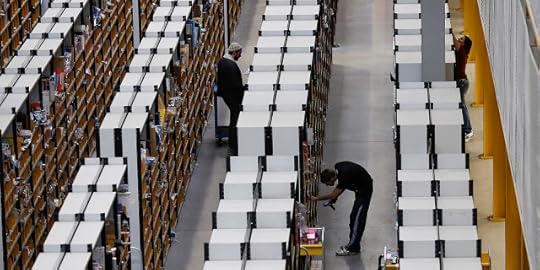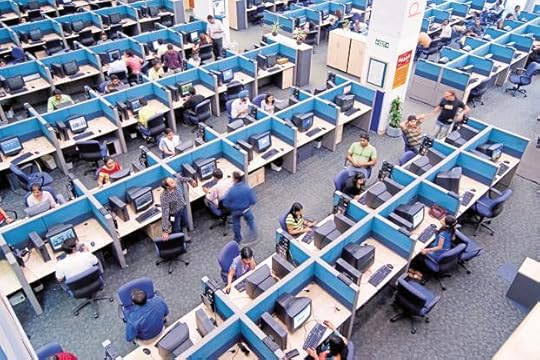What do you think?
Rate this book


335 pages, Hardcover
First published July 16, 2019








My point in this bitch session about questionable reviews, is that books like this are going to get push-back. It's inevitable. So please keep that in mind before putting too much stake in contrariness. Best to just read the thing yourself, I think.